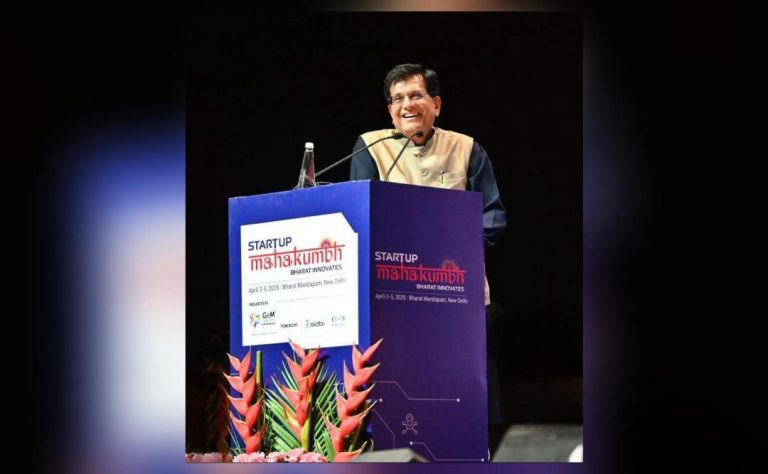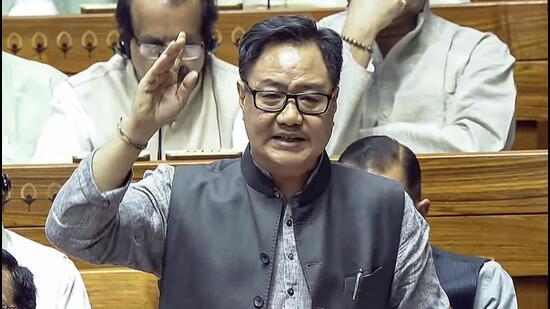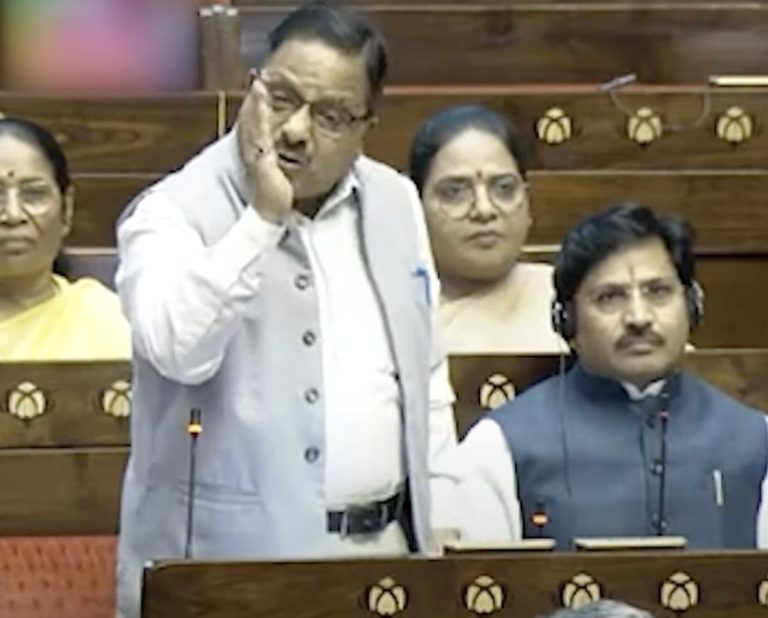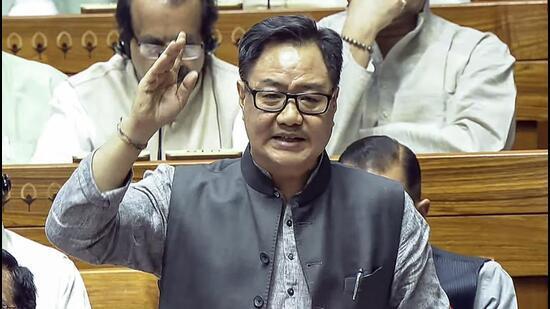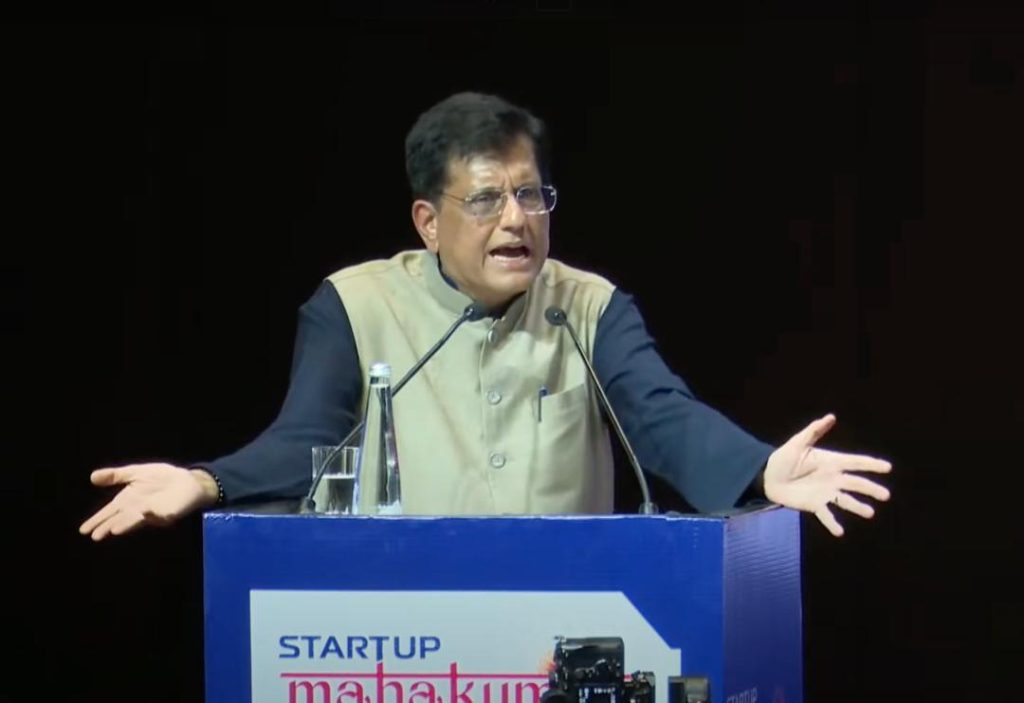
Dukandari hi karni hai?: Piyush Goyal as he asks Indian startups to ‘think big’
In a stunning display of entrepreneurial zeal, Union Minister Piyush Goyal recently exhorted Indian startups to “think big” and venture into uncharted territories. Speaking at Startup Mahakumbh, Goyal emphasized the need for innovation and experimentation, urging entrepreneurs to push boundaries and explore the unknown. His words were a clarion call to the startup ecosystem, encouraging innovators to dream big and strive for greatness.
Goyal’s remarks were particularly significant in light of the recent growth of food and grocery delivery apps in India. While these services have undoubtedly revolutionized the way we live, Goyal’s comments suggest that there is more to entrepreneurship than just convenience. He asked, “Par dukandari ka hi kaam karna hai humein? (Do we have to do shopkeeping only?)” – a question that has left many entrepreneurs and industry observers wondering about the future of the startup landscape.
So, what does Goyal’s “think big” mantra really mean for Indian startups? And what are the implications of his comments for the food and grocery delivery sector? In this blog post, we’ll explore these questions and examine the broader implications of Goyal’s remarks for the startup ecosystem.
The need for innovation
Goyal’s emphasis on innovation and experimentation is nothing new. The Indian startup ecosystem has always been driven by a spirit of entrepreneurship and a willingness to take risks. However, Goyal’s remarks highlight the need for startups to think beyond the present and strive for greatness. In an era where innovation is the key to success, Goyal’s call to “think big” is a reminder that the best entrepreneurs are those who are willing to push boundaries and challenge conventional thinking.
For Indian startups, this means embracing new technologies and business models, and being open to experimentation and failure. It also means being willing to take calculated risks and invest in areas that may not yield immediate returns. As Goyal noted, “We’ll need to experiment…Let’s explore the unknown.” This mindset shift is essential for Indian startups to stay ahead of the curve and remain competitive in a rapidly changing global landscape.
The limitations of convenience
Goyal’s comments about the food and grocery delivery sector are particularly noteworthy. While these services have undoubtedly convenience shoppers, Goyal’s question – “Par dukandari ka hi kaam karna hai humein?” – suggests that there is more to entrepreneurship than just providing convenience. In other words, Goyal is asking startups to think beyond mere convenience and focus on creating value that has a lasting impact.
This is not to say that convenience is not important. In an era where time is a precious commodity, services that make our lives easier are indeed valuable. However, Goyal’s remarks suggest that there is more to entrepreneurship than just providing temporary convenience. Startups need to think about the long-term impact of their innovations and create value that benefits society as a whole.
The future of the startup landscape
Goyal’s remarks have left many entrepreneurs and industry observers wondering about the future of the startup landscape. Will Indian startups continue to focus on providing convenience, or will they shift their attention to more innovative and impactful areas? The answer lies in the willingness of entrepreneurs to “think big” and push boundaries.
In the food and grocery delivery sector, Goyal’s comments suggest that there is a need for innovation and disruption. While these services have undoubtedly transformed the way we shop, they are limited by their focus on convenience. Startups need to think beyond mere convenience and focus on creating value that has a lasting impact. This could involve exploring new business models, such as subscription-based services or community-supported agriculture initiatives.
Conclusion
Piyush Goyal’s “think big” mantra is a clarion call to Indian startups to innovate, experiment, and push boundaries. While his comments have left many entrepreneurs and industry observers wondering about the future of the startup landscape, they also offer a unique opportunity for startups to rethink their approach and focus on creating value that has a lasting impact.
For Indian startups, this means embracing innovation and thinking beyond the present. It means being willing to take calculated risks and invest in areas that may not yield immediate returns. As Goyal noted, “We’ll need to experiment…Let’s explore the unknown.” This mindset shift is essential for Indian startups to stay ahead of the curve and remain competitive in a rapidly changing global landscape.
Source:



